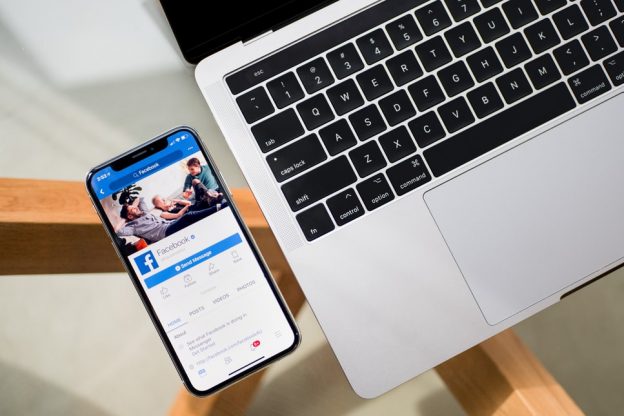The Public Sector Bodies (Websites and Mobile Applications) Accessibility Regulations (2018) requires the University to make sure digital content is accessible to everyone by September 2020, ensuring that all our digital content is ‘perceivable, operable, understandable and robust’ in accordance with the Web Content Accessibility Guidelines (WCAG) 2.1 AA accessibility standard.
What this means is that all of us who produce or share University documents need to make sure they meet accessibility standards.
The standards apply to digital resources we share with students, colleagues, or members of the public by digital means (e.g., by website, Moodle, email, SharePoint, Teams etc). Accessible content is better content and will enable a wider and broader range of users to understand, or act on, your key messages.
Once you know how to do this, creating accessible content becomes second nature and we have lots of guidance to help you:
- Review the guidance in our accessible content guides to help you produce documents, presentations, video, and web pages that meet the regulation requirements.
- Continue to follow the Kent Inclusive Practices (KIPs)
- All video-based content (including KentPlayer recordings) will need to have closed captions available to students from September 2020. To help meet this requirement all new KentPlayer recordings will have closed captions automatically applied. Further information on KentPlayer captions and how to edit them, is available on the University’s Captions in KentPlayer guide.
- The Digitally Enhanced Education – A Guide to Teaching Online course has been designed to help academic colleagues from around the institution transition their teaching online and includes a focus on digital accessibility throughout.
The Kent accessibility pages are the main source of digital accessibility information and will be constantly updated.
If you have any questions or concerns, please contact : opera@kent.ac.uk
We all have a responsibility to ensure that the digital content we create is accessible to all so that the digital experience of students and staff is as good as it can be.
Professor Richard J Reece
Deputy Vice-Chancellor – Education and Student Experience
